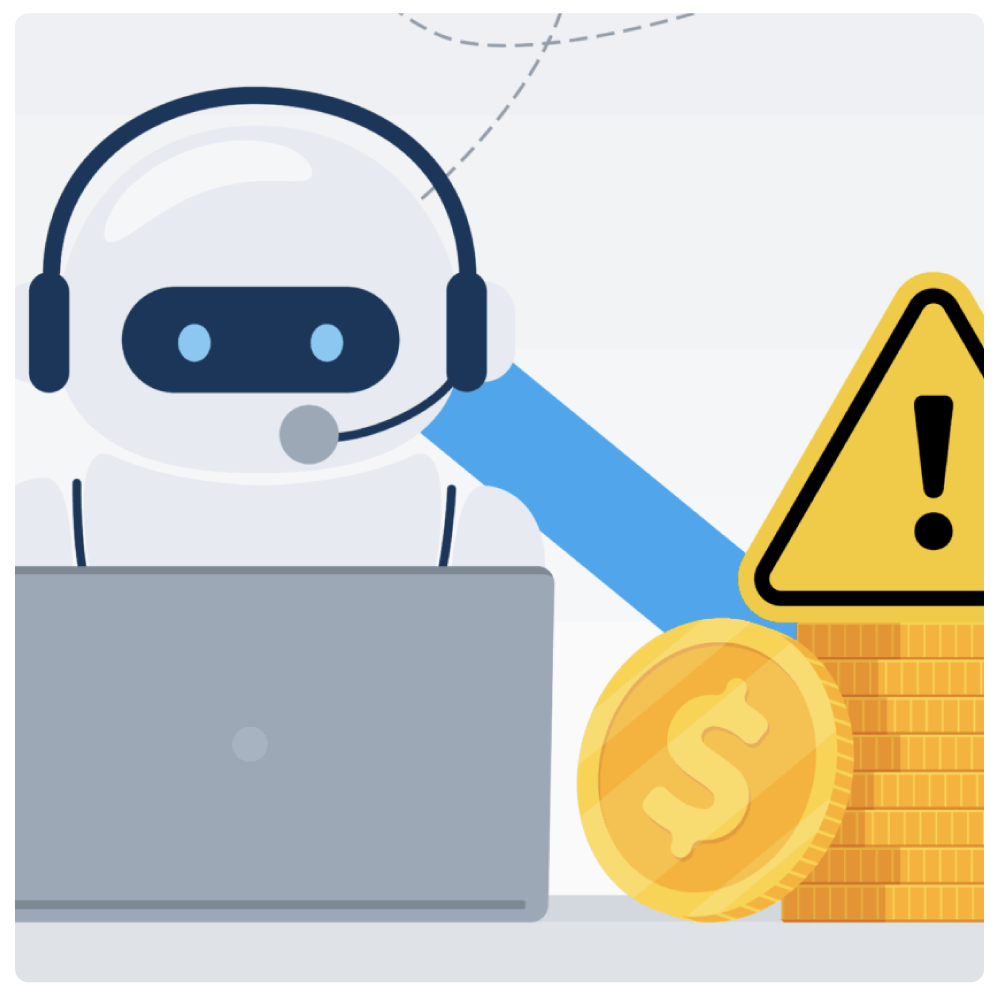GLOSSARY OF TERMS
- AI (Artificial Intelligence)
- Autodialer
- Automated message
- Autoresponder Email
- Bad leads
- Bot detection
- Branded Lead
- Call center compliance
- Call Center Lead
- CASL
- Certified Lead
- Co-Registration
- Co-registration Lead
- Co-Registration Path
- Co-Registration Provider
- Co-Registration Tracking
- Cold call
- Consent-based Marketing
- Cost Per Lead (CPL) Advertising
- CPL Web traffic
- CRM
- DNC (Do-Not-Call)
- Double Opt-in
- Effective CPL (ecpl)
- Effective CPM (eCPM)
- Email Service Provider (ESP)
- Exclusive Lead
- FCC
- FCC one-to-one consent rule
- FTC
- Host and Post
- Hosted Lead Generation
- Internet Lead
- Internet Lead Certification
- Internet Lead Delivery
- Internet Lead Exchange
- Lead Acquisition
- Lead Aggregator
- Lead buyer
- Lead Conversion
- Lead Distribution
- Lead flow
- Lead generation fraud
- Lead nurturing
- Lead qualification
- Lead quality
- Lead seller
- Lead verification
- Leads
- Marketing Leads
- Marketing or Sales Lists
- Marketing Qualified Lead (MQL)
- Mini-TCPA
- New TCPA rules
- Online Lead Generation
- Opt-in
- Opt-out
- Permission-based marketing
- Ping Pick Post
- Ping Post Software
- Ping Tree
- Ping-post
- Pre-ping
- Pricing: CPA (Cost-Per-Action)
- Pricing: CPC (Cost-Per-Click)
- Pricing: CPL (Cost-Per-Lead)
- Pricing: CPM (Cost-Per-Thousand)
- Publisher
- Qualified leads
- Rejected Lead
- Returned Lead
- Robocall
- Robocaller
- Sales Leads
- Sales Qualified Lead (SQL)
- Scrub Cap
- Scrub Rate
- Shared Lead
- SMS compliance
- SMS Consent
- Speed to Lead
- Suppression List
- Take Rate
- TCPA
- TCPA compliance
- TCPA consent management
- TCPA expressed consent
- TCPA known litigator tool
- TCPA lawsuit
- TCPA Litigator
- TCPA marketing
- TCPA settlement
- TCPA violation
- TCPA violation fine
- Telemarketing Sales Rule (TSR)
- TPMO in Medicare
- Warm call
Autodialer
An autodialer, or Automatic Telephone Dialing System (ATDS) as defined by the Telephone Consumer Protection Act (TCPA), is a piece of equipment that has the “capability to store” or “produce” telephone numbers using a random or sequential number generator (ROSANG) and to “dial such numbers” automatically.
The definition, however, was written in 1991 and doesn’t provide clear guidance has been subject to legal challenges (court) and interpretations on how it applies to the diverse range of dialing technology available today. As a result, the interpretation of what constitutes an autodialer has varied over time across different jurisdictions due to the lack of resolution in Federal Communications Commission (FCC) rulemaking and case law. Interestingly there have been 6 US Supreme Court (SCOTUS) cases that are TCPA related most recently in 2021, Facebook-v-Duguid which did partially focus on the definition of an ATDS.
In general terms, an autodialer refers to an automated system or software that has capacity to store or produce phone numbers, randomly or sequentially and initiate calls, without relying solely on human operators. These types of calls are commonly affectionately referred to as “Robocalls” related to their potential for inappropriate use to generate volumes of calls.
However, the term ‘Robocall’ is not defined in the TCPA. According to the FCC, Robocalls are calls made using an autodialer or containing prerecorded or artificial voice messages. They are employed for various purposes, including political campaigns, telemarketing, reminders from businesses or organizations, and unfortunately, even for scam attempts.
DISCLAIMER: This page and all related links are provided for general informational and educational purposes only and are not legal advice. ActiveProspect does not warrant or guarantee this information will provide you with legal protection or compliance. Please consult with your legal counsel for legal and compliance advice. You are responsible for using any ActiveProspect Services in a legally compliant manner pursuant to ActiveProspect’s Terms of Service. Any quotes contained herein belong to the person(s) quoted and do not necessarily represent the views and/or opinions of ActiveProspect.




